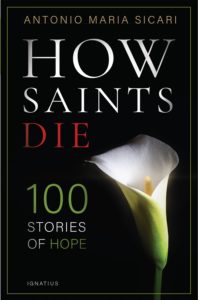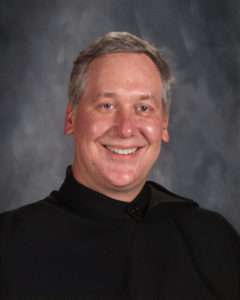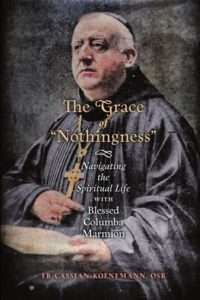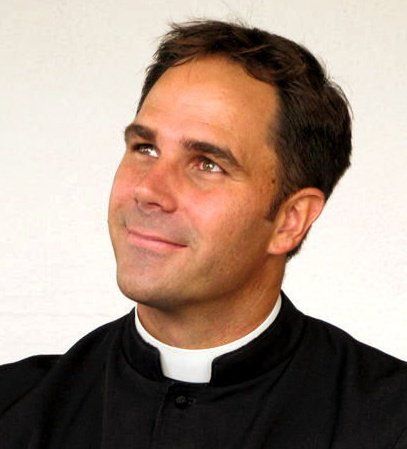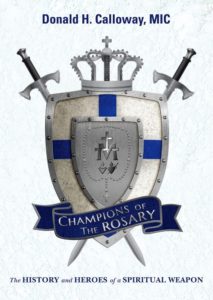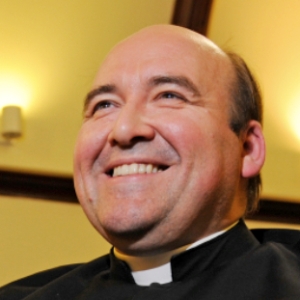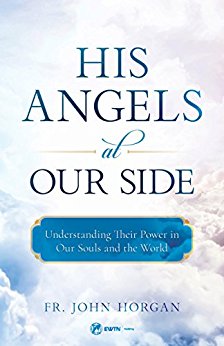Podcast: Play in new window | Download (Duration: 29:51 — 20.5MB) | Embed
Subscribe: Apple Podcasts | Spotify | Amazon Music | Android | Pandora | iHeartRadio | JioSaavn | Podchaser | Gaana | Podcast Index | Email | TuneIn | Deezer | Anghami | RSS | More
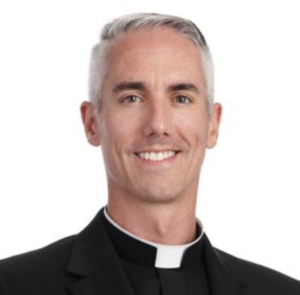
Fr. John Burns – Lift Up Your Heart on Inside the Pages with Kris McGregor
Fr. John Burns discusses his book, Lift Up Your Heart: A 10-Day Personal Retreat with St. Francis de Sales. The book brings St. Francis de Sales’ practical and profound wisdom to modern readers, guiding them through a structured retreat based on the saint’s classic Introduction to the Devout Life. Fr. Burns explains how the meditations are designed to help busy laypeople integrate faith into their daily lives using St. Francis’ method of creating a “spiritual bouquet” by carrying small graces from prayer into everyday tasks, making holiness accessible and actionable.
There’s relevance in St. Francis’ guidance for today’s world, where distractions and busyness often overshadow spiritual growth. Fr. Burns shares his hope that the book will inspire readers to embrace meditative prayer and daily choices for holiness. He suggests it as a tool for individual reflection or group study, particularly in programs like RCIA. By following this approach, readers can move closer to a vibrant, prayerful relationship with God and prepare their hearts for eternal life.
Discerning Hearts Reflection Questions
- Embracing St. Francis de Sales’ Practical Wisdom: How can you incorporate St. Francis de Sales’ teachings into your busy daily life to grow in holiness?
- Choosing Holiness Daily: What intentional steps can you take each day to prioritize your relationship with God and move toward heaven?
- The Power of Spiritual Bouquets: How can you carry the fruits of your prayer throughout your day to maintain a connection with God amid distractions?
- Understanding Heaven’s Urgency: How does reflecting on the ultimate goal of heaven shape your daily decisions and priorities?
- Integrating Prayer and Action: In what ways can you ensure your prayer life influences your actions, making your entire day a hymn of praise to God?
- The Role of Conversion in Daily Life: What areas of your life need transformation, and how can you invite God to guide that conversion?
- Overcoming Distractions in Prayer: How can St. Francis’ practical advice about distractions help you persist in prayer despite challenges?
- Finding Guidance in the Saints: How can viewing St. Francis de Sales as a spiritual director enhance your spiritual journey?
- Recognizing the Call to Contemplation: How can you create space for deeper reflection and meditation amidst the busyness of life?
- Responding to God’s Invitation: What choices can you make today to live more intentionally for God and embrace His love?
You can find the book here
From the book description
This practical book goes right to the heart of helping you kick the habit of floating along on your spiritual journey to start actively pursuing holiness and devotion to God. During the course of the retreat, you ll learn the basics of forming a daily prayer routine, including how to offer yourself to God, meditate on his love, and maintain peace in the face of suffering and clarity in the midst of temptation.
The meditations will help you:
- Adopt gratitude as a daily prayer practice.
- Examine and reorder your priorities and relationships to better reflect your love for God.
- Discern between good and evil in your life.
- Desire to love and serve as Jesus did.
In a very real sense, Burns helps you take St. Francis de Sales as your spiritual director for ten days. As you do so, you’ll feel God’s fatherly love and restart your faith life, equipped with the tools to connect with God and live for heaven now.
About the Author
Fr. John Burns is a priest of the Archdiocese of Milwaukee. He is the author of the bestselling books Adore: A Guided Advent Journal for Prayer and Meditation, Return: A Guided Lent Journal for Prayer and Meditation, and Lift Up Your Heart: A 10-Day Personal Retreat with St. Francis de Sales. Ordained in 2010, Burns has served as an associate pastor and pastor in Milwaukee in addition to being an adjunct professor of moral theology at the Sacred Heart Seminary and School of Theology. He completed a doctorate in moral theology at the Pontifical University of the Holy Cross in Rome in 2019. His doctoral research focused on the theology of healing through forgiveness.
Burns speaks at conferences, preaches for missions, and directs retreats throughout the country. He works extensively with the Sisters of Life and St. Mother Teresa’s Missionaries of Charity, and has given retreats, conferences, and spiritual direction for the sisters in Africa, Europe, and the United States.

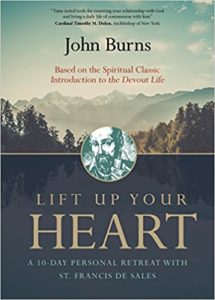
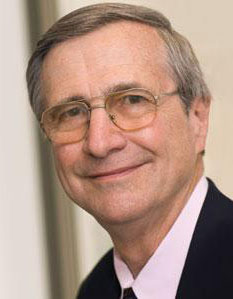
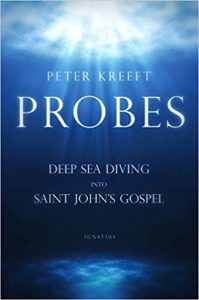
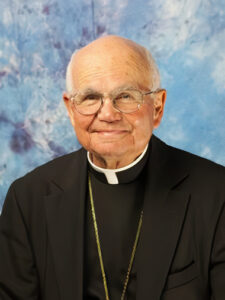
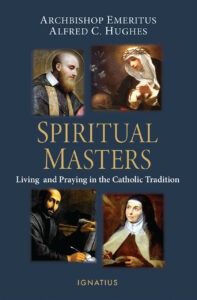
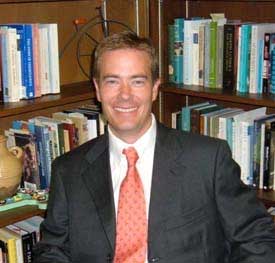
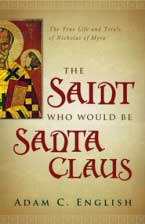
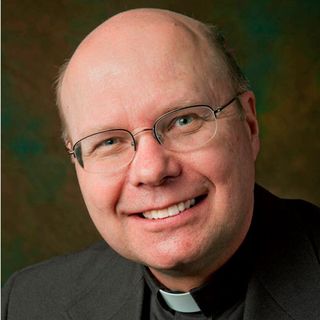
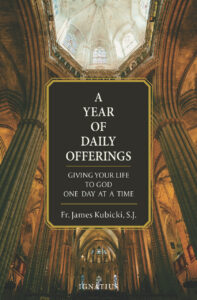 From the book’s description:
From the book’s description:
